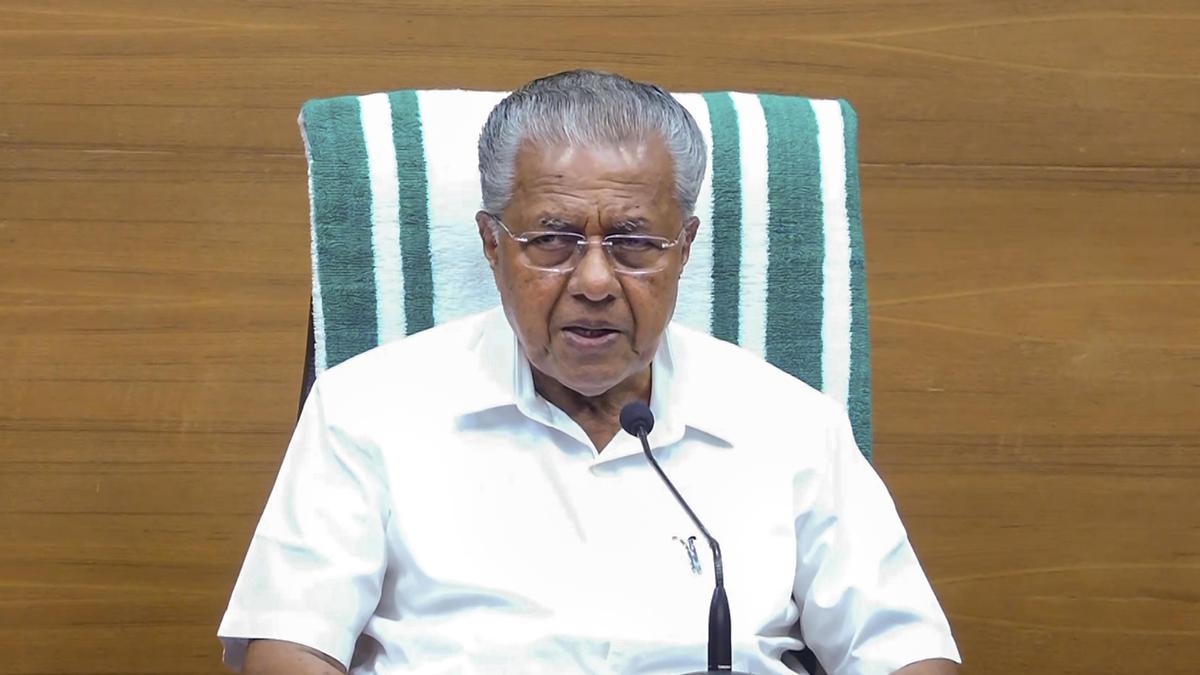Chief of Child Protection, UNICEF India, calls for expanding parenting support programmes
Chief of Child Protection, UNICEF India, calls for expanding parenting support programmes
Kerala has achieved tangible results in not only deinstitutionalisation of children and expansion of family-based care opportunities such as foster care but also in prevention of family separation, Soledad Herrero, chief of Child Protection, UNICEF India, has said.
She was talking to The Hindu on the sidelines of a two-day national workshop on ‘Deinstitutionalisation and family-based alternative care’ here on Tuesday. The workshop was organised by Women and Child Development department with the support of UNICEF.
Ms. Herrero pointed out the State had formulated a five-year action plan for deinstitutionlisation and strengthening of family-based care. There were more than 200 children in foster care in the State. “It is a very positive number, with a steady increase. Kerala has also significantly reduced the number of children in institutions from 20,000 prior to the pandemic to 9,000 now.”
This was also possible owing to the Supreme Court’s guidelines on releasing children from child-care institutions and observation homes, Ms. Herrero said. Nationally, nearly 60% of the children in institutions were released, and this indicated that many of these children had families to return to. COVID-19, she said, brought the opportunity to improve efforts towards deinstitutionalisation of children.
The State, she said, had really made an effort to identify vulnerable families, as prevention of children from situations that ended in them coming within the child protection system was the most cost-effective investment.
Asked about families’ reluctance to take back children, she stressed the importance of providing support or counselling to such families, rather than them seeing the child-care institutions as the only way to cope with various stresses they might be under. The parenting clinics at the community level in the State were a commendable effort, she said. “Parenting support programmes should be expanded from the perspective of counselling and child-care support for working parents.”
Ms. Herrero said the workshop was a platform for States to learn from each other and make recommendations on the agenda of ensuring that every child lived in a family-based care environment.
“Kerala could do more on the prevention and gatekeeping aspect. Supporting and gatekeeping mechanisms in convergence with important structures such as child protection committees at the local level are important since they will know when a child is at risk and which are the vulnerable families that need support from the outset. The key thing is to identify the root causes that lead to family separation. Gatekeeping is also about being proactive to see if there are opportunities for family integration by tracing the family, starting a dialogue with them, and if they can be supported with other schemes so that they are ready to receive the children,” she said.




